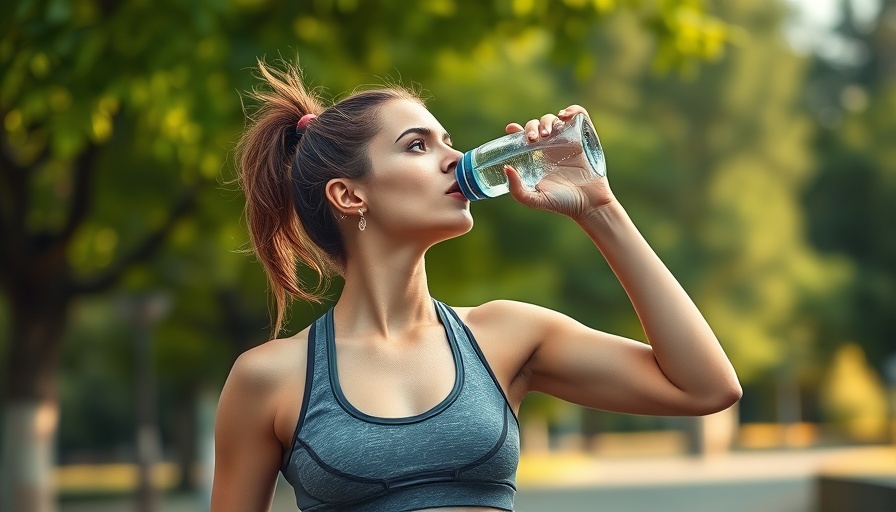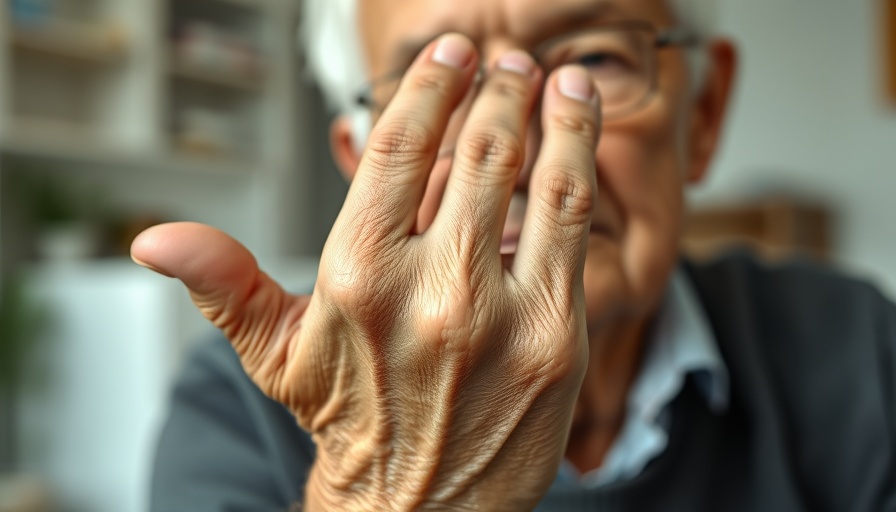
Understanding Heat Stroke: A Growing Concern
As temperatures rise, so do the risks associated with heat-related illnesses. Heat stroke, a critical condition where your body can no longer regulate its temperature, poses serious dangers. In particular, two forms exist: classic heat stroke, common in children and the elderly during heat waves, and exertional heat stroke, which typically affects physically active individuals. Awareness and preparation can significantly mitigate these risks.
Staying Cool: Planning Ahead
Preventing classic heat stroke comes down to thoughtful planning. Use tools like the CDC's HeatRisk to gauge local temperature safety. If temperatures soar above 99°F, look for cool public places to escape the heat, such as libraries or shopping malls. In cooler, hydrated environments, you're much less likely to suffer from heat-related health challenges.
The Importance of Hydration
Hydration is critical for preventing heat stroke. The Mayo Clinic suggests men should aim for about 15.5 cups of fluids daily and women around 11.5 cups. These fluids don’t purely come from water – they can also be sourced from food and other beverages. Dr. J. Luke Pryor emphasizes that adequate fluid intake is vital for everyone, especially during high-temperature periods.
Strategies for Athletic Activities in the Heat
If you plan on exercising outdoors, it’s even more critical to stay hydrated. Begin with adequate hydration, and during your workout, consume water or sports drinks with electrolytes. After intense sweating, calculate your fluid loss by weighing yourself before and after exercising, then drink enough to replenish lost fluids. It's essential to allow your body to adjust to hotter conditions, so start slowly when exercising outside.
Empowering Yourself with Knowledge
Understanding the signs of heat-related illness is vital. Symptoms can include high body temperature, absence of sweating despite the heat, rapid pulse, and confusion. Familiarizing yourself with these can be lifesaving.
Take Preventive Steps Today
As the heat intensifies, don't let it catch you off guard. Incorporate hydration strategies and stay informed about environmental conditions. Your health and safety depend on taking proactive measures now.
 Add Row
Add Row  Add
Add 




Write A Comment